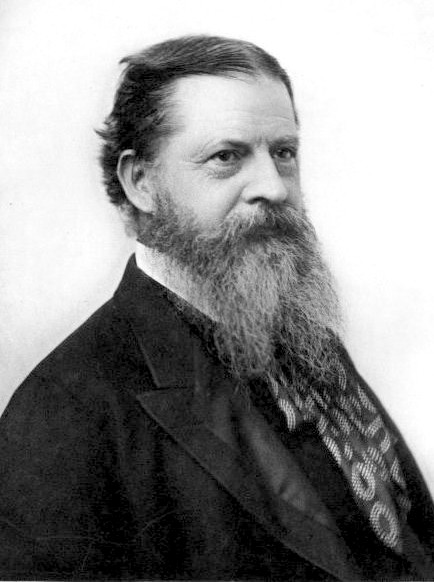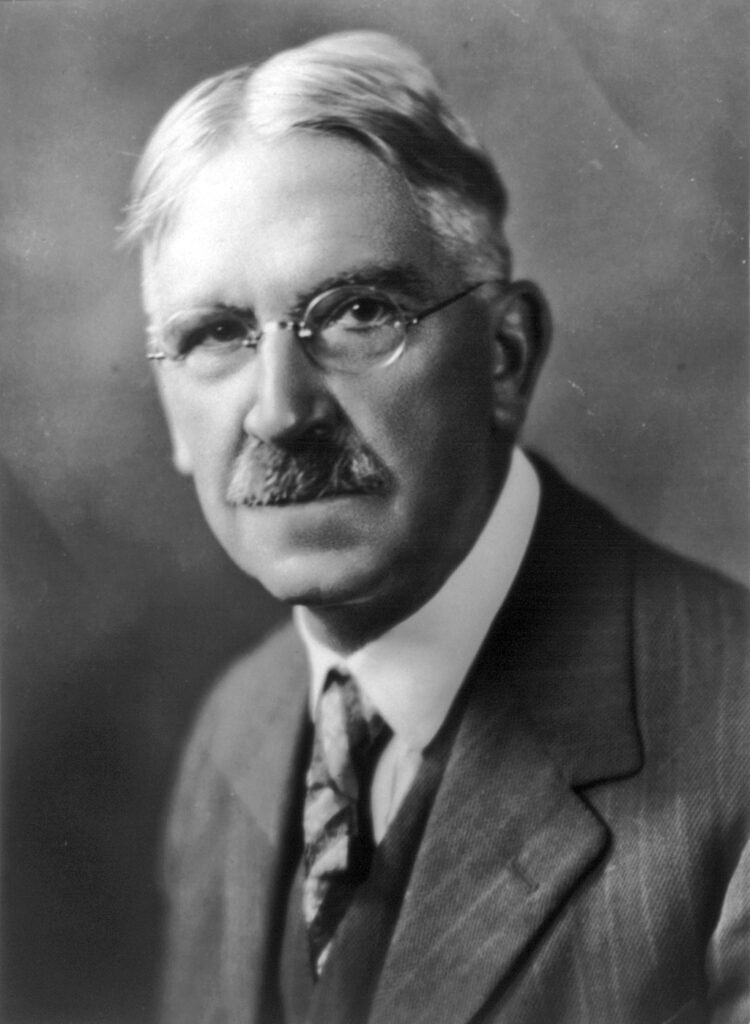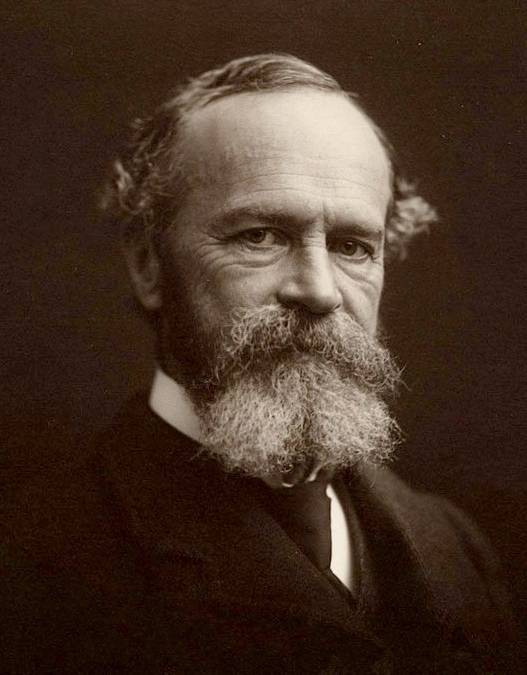Diving into the world of philosophy, we encounter pragmatism, a distinctive approach that emerged in the United States in the 19th century. This school of thought, though challenging to grasp at first, can be simplified to this: truth is determined by its practical application. But pragmatism is more than a theoretical concept; it’s a practical tool, a lens through which we can perceive and interact with the world.
What is Pragmatism?
Pragmatism asserts that the truth of an idea or proposition depends on its practical effectiveness. If an idea works satisfactorily in practical applications and brings beneficial consequences, then it’s deemed true. Unpractical ideas, on the other hand, get discarded.
This practical philosophy first saw the light of day during an 1898 address by William James. Even though he initially coined the term, Charles Sanders Peirce, another central figure of pragmatism, later redubbed his doctrines as “pragmaticism.”
Pragmatism’s Influence on Various Fields
Pragmatism, or American pragmatism as it’s often referred to due to its origins, isn’t confined to philosophy. It has left significant imprints on multiple fields, influencing not only philosophers but also educators, politicians, sociologists, psychologists, and literary critics.
- Education: Pragmatism supports the idea that learning should be practical and directly related to students’ experiences. It emphasizes problem-solving and critical thinking over rote memorization.
- Politics: Pragmatism champions policies that work in real-world settings, regardless of the underlying ideology. The main focus is on the practical results of political actions rather than on theoretical justifications.
Key Figures in Pragmatism
Three names often come up when discussing pragmatism: C.S. Peirce, William James, and John Dewey.



These men were instrumental in developing and popularizing the concept of pragmatism.
Peirce and James diverged in their philosophical paths. While Peirce’s philosophical work remained largely unappreciated during his lifetime, James, known for his intellectual range and broad sympathies, became an esteemed public figure and a Harvard professor. John Dewey, on the other hand, played a critical role in making pragmatism or “instrumentalism,” as he preferred to call it, respectable among professional philosophers.
Despite differing in their philosophical trajectories, these three figures – Peirce, James, and Dewey – were instrumental in shaping and promoting pragmatism. They stand as beacons of inspiration for anyone exploring this philosophy.
As William James said,
This quote perfectly captures the essence of pragmatism.
A Simple Answer to “What is Pragmatism?”
Pragmatism, in its simplest form, is a philosophical doctrine that assesses the truth of a concept, belief, or proposition based on its practical outcome and efficacy. If it works in practical applications, it’s true.
The Concept of a Good Life
Pragmatism offers a unique perspective on living a good life. It moves away from idealized, theoretical constructs of morality or happiness. Instead, pragmatism focuses on the practical aspects of life. It suggests that the value and worthiness of life come from actions that lead to beneficial consequences.
Conclusion
Pragmatism invites us to view life through a practical lens. It encourages us to sidestep rigid dogmas and instead focus on actions, experiences, and outcomes that work. As a philosophy, pragmatism provides a functional roadmap for navigating life, transcending boundaries and finding application in diverse areas from education to politics.
In the words of John Dewey,
And it is this reflection on practical experiences that lies at the heart of pragmatism.
Frequently Asked Questions
What are the core tenets of pragmatism?
The fundamental tenets of pragmatism include the belief that the truth is determined by its practical effectiveness, the prioritization of real-world actions and consequences over theoretical constructs, and the emphasis on learning through experience and reflection.
For example, an entrepreneur embodying pragmatism might start with a minimum viable product and refine it based on real-world feedback.
What role does pragmatism play in decision making?
Pragmatism plays a critical role in decision-making. It encourages individuals to make decisions based on the potential practical outcomes and benefits, rather than abstract principles or preconceived notions.
For instance. A pragmatic leader, when faced with a policy decision, will consider the practical implications of each option and choose the one that is most likely to yield the most beneficial outcomes for the population.
How does pragmatism interact with other philosophical doctrines?
Pragmatism can coexist with other philosophical doctrines, but it might challenge them by focusing on the practical application and effects of ideas, rather than theoretical constructs. For instance, while existentialism might delve into the inherent meaning and purpose of life, pragmatism would focus more on how our actions impact our lives practically.
Consider a person faced with an ethical dilemma. An idealist might insist on sticking to principles regardless of the consequences, while a pragmatist would consider the practical impact of each choice, demonstrating how pragmatism can challenge and coexist with other doctrines.
Is pragmatism a form of relativism?
Pragmatism is sometimes considered a form of relativism because it asserts that truth can vary depending on its practical application. However, unlike relativism, which suggests that truth is subjective and varies from person to person, pragmatism measures truth in terms of practical effectiveness in the real world.
For instance, what might be considered a “practical” solution for climate change in an industrialized country (like investing in renewable energy technologies) may differ from a developing country’s “practical” approach (like improving access to clean cooking fuels). This highlights the potential variability in pragmatic solutions.
Can pragmatism contribute to personal development?
Yes, pragmatism can significantly contribute to personal development. By focusing on the practical outcomes of our actions and behaviors, we can gain a more realistic understanding of our strengths and weaknesses, fostering growth and improvement.
A real-life example could be someone trying to improve their physical fitness. Instead of following an idealized and potentially unrealistic workout regime, a pragmatist would adopt a workout routine that fits their current fitness level and schedule, thus fostering practical and sustainable growth.
How does pragmatism approach the concept of morality?
From a pragmatic perspective, morality is not based on absolute rules or universal principles. Instead, moral actions are those that yield beneficial outcomes for individuals and society. This viewpoint often leads pragmatists to adopt a consequentialist approach to ethics, focusing on the results of actions rather than their inherent “rightness” or “wrongness.”
For instance, in a wartime scenario, a pragmatist might argue that certain actions (like strategic strikes) are morally justifiable if they result in a quicker end to the conflict and thus fewer overall casualties, illustrating the consequentialist approach to ethics in pragmatism.




